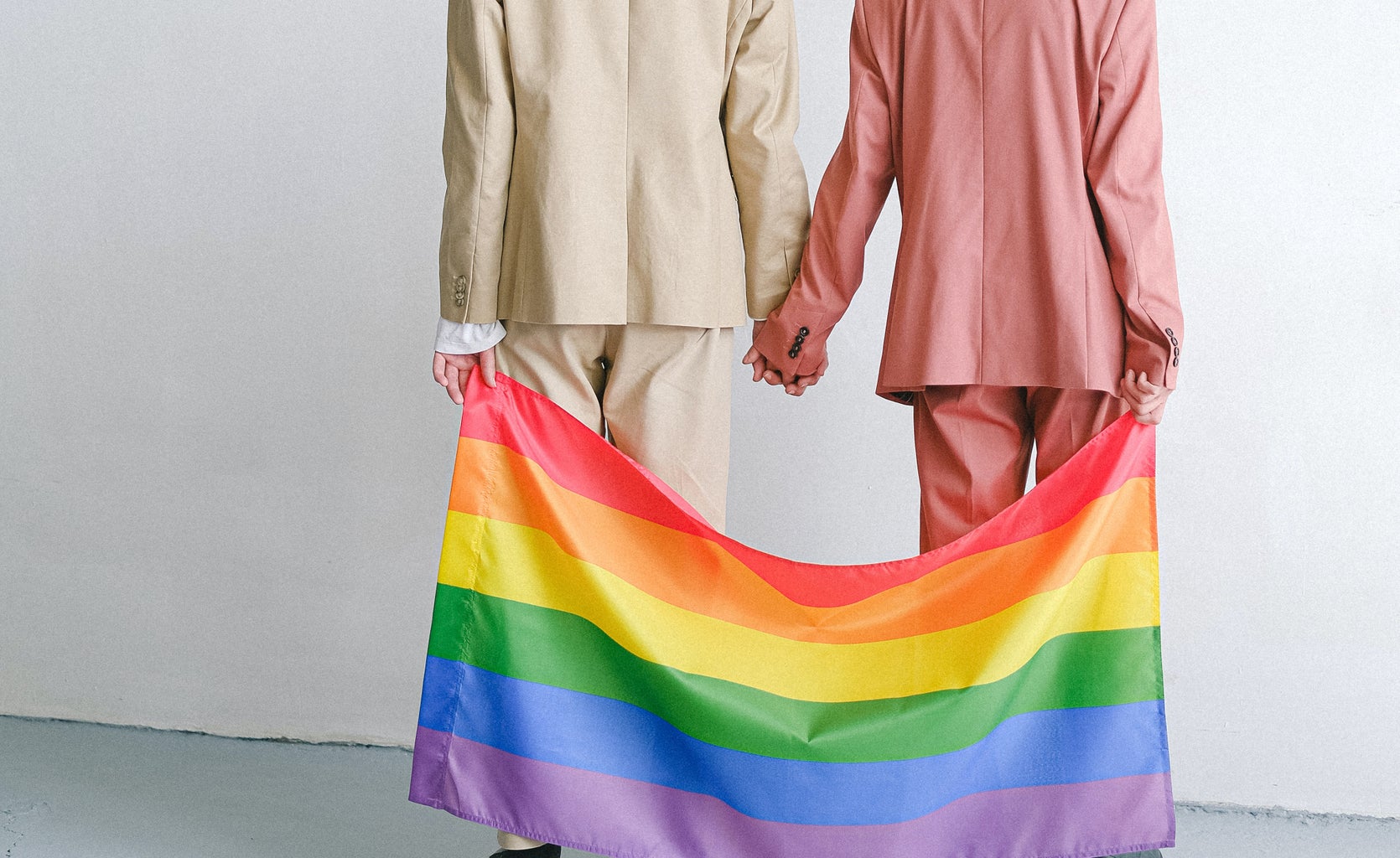When June 1st arrives, it’s not uncommon to see brands and major corporations suddenly plaster their social media accounts with pride flags and rainbows to promote the release of their new rainbow-themed products in honor of Pride month. However, come July 1st, all the rainbows have suddenly disappeared, along with the sentiment of support for the LGBTQ+ community that these corporations previously touted with eagerness.
This conditional and inconsistent show of allyship reveals the exploitative nature of these corporations under rainbow capitalism and how this process of commodification distorts the true meaning of Pride month.
Why do We Celebrate Pride Month?
Before we delve into defining rainbow capitalism, I think it’s important to know the origins of Pride month and why we celebrate it every June. On the early morning of June 28, 1969, the New York City police raided the Stonewall Inn, a gay club located in Greenwich Village. As police officers began to arrest the club patrons, crowds of people who were displeased with the constant police harassment and raids began to form around the scene. As the arrests turned into aggressive manhandling with the unnecessary use of physical force, many of the club patrons decided to fight back against the police, leading to a full-blown riot with hundreds of people involved.
The Stonewall Riots served as a motivating force for promoting LGBTQ+ political activism as well as a catalyst for the Gay Liberation Movement in the United States. On the first anniversary of the Stonewall Riots, thousands of people marched in New York City, in what would be America’s first gay pride parade and the first of many to come.
The celebration of Pride month serves as a way to recognize the impact of Queer individuals upon history, while also acknowledging the work and activism that still needs to be done to achieve true equality and freedom for those in the LGBTQ+ community.
What is Rainbow Capitalism?
Now that we know the origin and meaning of celebrating Pride month, we can begin to examine rainbow capitalism. Rainbow capitalism, or pink capitalism, is when corporations capitalize on the trend of Pride month by creating Pride-themed merchandise under the guise of claiming to support the causes of the LGBTQ+ community.
An example of this is when corporations participate in rainbow washing. Some instances of rainbow washing are when corporations change their social media profiles to rainbow-colored versions of their brand icon or release merchandise that painfully attempts to incorporate the colors of the Pride flag within them. Oftentimes, the profits generated by the sales of these products go directly to the company, rather than being given to organizations that actually support the LGBTQ+ community, such as The Trevor Project and SAGE, among many others.
Instead of using their platforms to genuinely speak out in support of Queer individuals or bring awareness to existing issues that continue to negatively impact the LGBTQ+ community, these companies decide to stay silent in favor of financial gain.
In some cases, companies that are known to be against LGBTQ+ rights are willing to contradict their own internal politics to monetarily benefit by masquerading their allyship, exposing how meaningless their gestures of support truly are.
Rainbow capitalism ultimately exploits the LGBTQ+ community by claiming inclusivity for Queer individuals, while manipulating this inclusion to create a market that specifically targets them. This manipulation consequently centers the celebration of Pride month around profits and monetary gain rather than activism and protesting for LGBTQ+ rights.
Now don’t get me wrong, it’s great that major corporations are bringing awareness to LGBTQ+ causes and communities for Pride month, but their pandering to the LGBTQ+ community through empty social media posts with rainbow filters and meaningless hashtags to make a quick buck leaves a bad taste in my mouth. I’m also aware that there are corporations out there that genuinely support LGBTQ+ causes, but as consumers, it’s important for us to recognize instances of these exploitative practices of rainbow capitalism within certain companies.
So this Pride month, let’s look beyond the rainbow washing and remember the roots of activism embedded within Pride month that motivate us all to create real change for the LGBTQ+ community.




